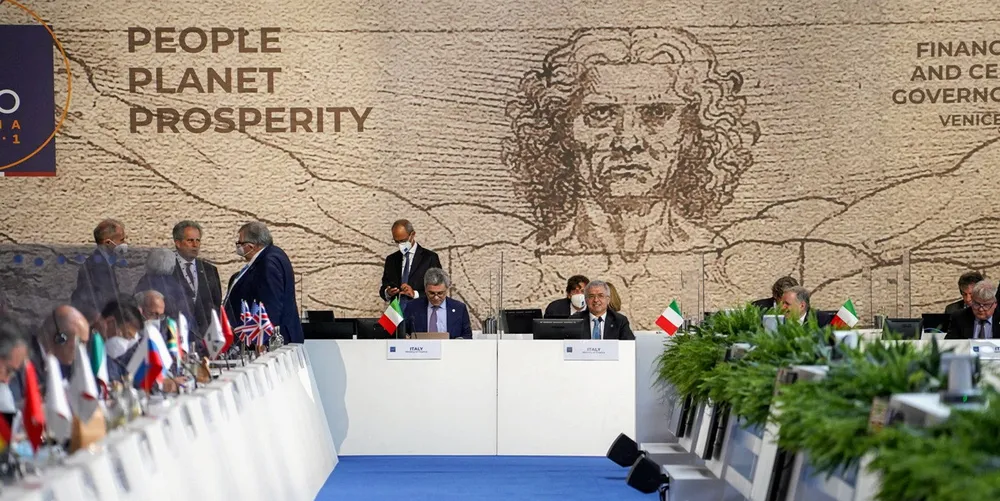'Huge untapped potential': Global wind leaders urge G20 to step up climate action
Current net zero pledges would still put world on 2.4°C global heating pathway, CEOs and associations warn world leaders in open letter

Current net zero pledges would still put world on 2.4°C global heating pathway, CEOs and associations warn world leaders in open letter
